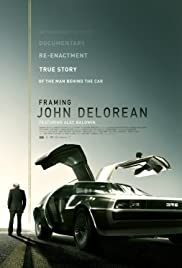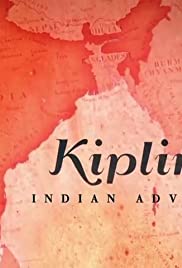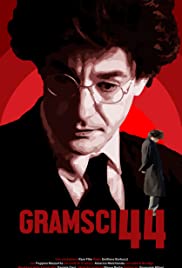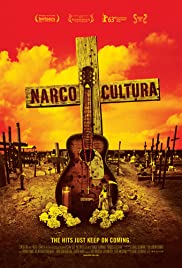
The story of trailblazing 19th-century photographer Eadweard Muybridge, who changed the world with his camera. Artful, resilient, selfish, naive, eccentric, deceitful–Muybridge is a complicated, imperfect man and his story drips with ambition and success, loss and betrayal, near death experiences and even murder. “The machine cannot lie,” Stanford declared of Muybridge’s pioneering motion images. But what about the photographer?
You May Also Like

A documentary interspersed with acted scenes, this portrait of John DeLorean covers the brilliant but tragically flawed automaker’s rise to stardom and shocking down fall.


The God Who Speaks is a documentary that traces the evidence for biblical authority and reliability.

The Divide tells the story of 7 individuals striving for a better life in modern day US and UK – where the top 0.1% owns as much wealth as the bottom 90%. By plotting these tales together, we uncover how virtually every aspect of our lives is controlled by one factor: the size of the gap between rich and poor.The film is inspired by “The Spirit Level” by Richard Wilkinson and Kate Pickett.

In October of 2016 the battle for Mosul, the Islamic State’s self-proclaimed capital in northern Iraq, began. With unprecedented access, Bernard-Henri Lévy and his team follow the Kurdish units and the Iraqi special Golden Division. From street to street, they fight together to regain this city of two million inhabitants. Though successful, the hopes of the Kurdish fighters might not always align with those of their allies.

A feminist documentary about female relationships, especially between mother and daughter.

Documentary looking into the history, origins, and highlights of the UK’s biggest music festival.

During China’s Song Dynasty, a mysterious murder occurs at Chancellor Quin Hui’s palace after meeting delegates from the neighboring Jin Dynasty. The members become embroiled not just in a murder mystery, but a larger conspiracy concerning the fate of the empire.

In intimate conversations with those involved, including 28-year-old death row inmate Michael Perry (who was scheduled to die eight days after his interview with Herzog), legendary filmmaker Werner Herzog achieves what he describes as “a gaze into the abyss of the human soul.” As he’s so often done before, Herzog’s investigation unveils layers of humanity, making an enlightening trip out of ominous territory.

Between 1926 and 1927, the Italian intellectual and Communist political figure Antonio Gramsci spent 44 days imprisoned on the island of Ustica, off the northern coast of Sicily. Together with his fellow prisoners, he founded a school. This unique institution was open to all, welcoming people of all ages and social backgrounds, even the illiterate. Ustica still remembers this revolutionary school. Ustica, remote and neglected, still waits patiently at the harbor, hoping that the boat from the mainland will come.

To a growing number of Mexicans and Latinos in the Americas, narco-traffickers have become iconic outlaws and the new models of fame and success. They represent a pathway out of the ghetto, nurturing a new American dream fueled by the war on drugs. Narco Cultura looks at this explosive phenomenon from within, exposing cycles of addiction to money, drugs, and violence that are rapidly gaining strength on both sides of the U.S.-Mexico border